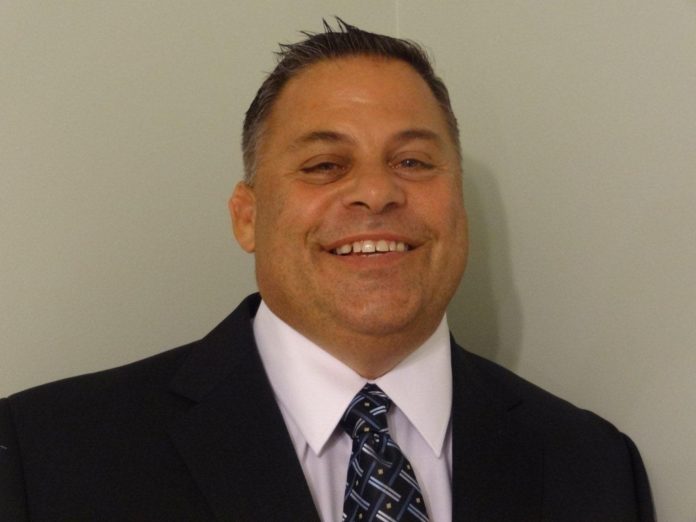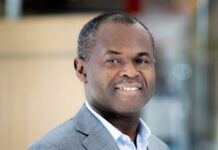
Richard Siravo and his wife, Debbie, founded the Matty Fund, in Wakefield, after their 5-year-old son, Matty, died from complications surrounding a surgery to treat his epilepsy, in May 2003.
Through several educational initiatives, including its annual visit doctor lectureships at Rhode Island Hospital and awareness programs at area schools, the organization strives to erase stigma attached toward persons with epilepsy.
PBN: Your organization is turning a focus to hands-on interaction with area students as a way to garner deeper understanding of epilepsy. This can also be seen as workforce development – was that part of the design or a happy byproduct?
SIRAVO: I would suggest this more than a “happy byproduct” but rather a purposeful collaboration with students and schools to promote understand and awareness of epilepsy. For the past four years, we have collaborated with the University of Rhode Island’s College of Business to raise epilepsy awareness on the Kingston campus. My intention was to have students develop a business plan to market a campaign. In addition, we have engaged college of business students as interns at the Matty Fund Epilepsy Resource Center. This has become a positive opportunity and experience for college students seeking career paths.
PBN: What’s happening right now with research initiatives at area higher education institutions?
SIRAVO: The Matty Fund and it’s Medical Advisory Board have committed annual research funding to the Brain Institute at Brown University’s Warren Alpert School of Medicine. Neuroscientists work diligently on a wide spectrum of initiatives. It has been a rewarding experience to observe the researchers at the Brown labs each year illustrating their findings and progress.
PBN: Has retaining interest in the organization been a struggle in a changing economic environment over the last few years?
SIRAVO: In spite of the current economic conditions, our biggest annual fundraiser, The Snow Angel Ball, has been enormously successful, with 2011 our best year to date. Each September, our golf tournament sells out and every June our run/walk often outpaces the previous year. It is truly amazing that interest in the Matty Fund has not waned but grown with new families and supporters statewide.
PBN: Do you feel your family’s very personal connection to epilepsy is a significant factor in your organization’s success?
SIRAVO: Our story is certainly not unique, but no less tragic . There is a profound connection to anyone with children who can definitely sympathize with losing a child. There also are an amazing number of people who identify with us because of epilepsy. We are now able to reach out to so many families who previously only had a relationship with their child’s neurologist.
PBN: What are the most common misperceptions about epilepsy?
SIRAVO: At one time, children at epilepsy were isolated at school. Witnessing a seizure can be scary. As a result, children with epilepsy were treated differently, even segregated. Today, of course, there is greater tolerance for people with handicapping afflictions. Schools have become more accommodating. Most importantly, though, is the continued education of seizure disorders through the media and organizations to ensure the public that people with epilepsy are not to be feared, but can live productive lives like anyone else.











